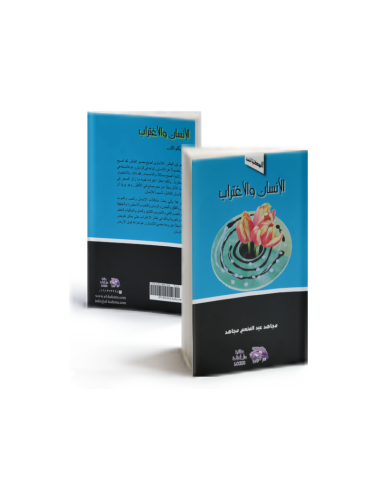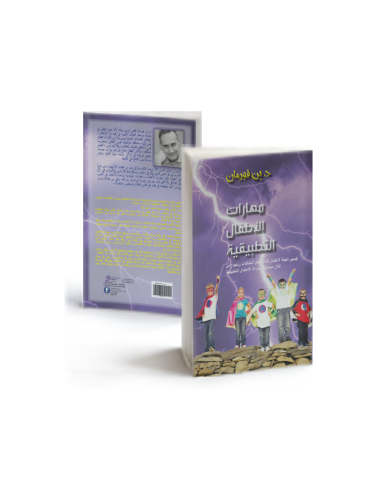Kierkegaard wrote The Sickness Unto Death under the pseudonym “Anti-Climacus,” the same pseudonym under which he wrote his two most important religious works, The Sickness Unto Death and Practices in Christianity. The “sickness” in the title is despair: despair is the sickness that everyone has until they die. Anti-Climacus defines despair primarily as a sickness of the self. He also says that everyone, whether they know it or not, is in despair. The most basic form of despair stems from not knowing you are in despair. A slightly more advanced form comes from a desire not to exist, and the most complex form of despair manifests in an attempt to escape the despair of not wanting to exist. All of these varieties of despair are caused by a tension between the infinite and the finite: Anti-Climacus claims that, although you will die and are thus finite, you also have an eternal self, which is infinite. After defining despair, Anti-Climacus questions whether it is a good or a bad thing. He comes to the conclusion that it is both. Despair is a type of suffering, so it must be bad. However, despair is a direct result of self-awareness, and increased self-awareness actually makes the self stronger. The stronger one’s self, the closer one is to God. Anti-Climacus claims that only a “true Christian” can manage to live without despair. A true Christian is someone who places total faith in his or her relationship with God.
Anti-Climacus says that despair is sin, and the only way to escape sin is to put complete faith in God. However, putting faith in God involves an increase of self-awareness and thus an increase in despair. We are thus faced with the prospect that the closer to God one grows, the greater one’s despair and the greater one’s sin. Only by growing infinitely close to God can despair finally be defeated. The concrete sins, such as murder and stealing, arise from the sin of despair. However, to despair is the worst sin of all. This sounds like a tautology—a circular line of reasoning—but it is not. Anti-Climacus does not think of sin as something you do but rather as something you are. All the bad things a sinner does (stealing, killing, cheating) are not sins themselves: they are the results of being in sin. To despair over being in sin—in other words, to despair over being in despair—merely intensifies one’s sin. The worst sin of all is to refuse forgiveness for one’s sin: the only way to escape sin is to approach God with faith that forgiveness will be offered. Of course, approaching God in the first place intensifies sin. This is part of the paradox of faith.




























Product Comments